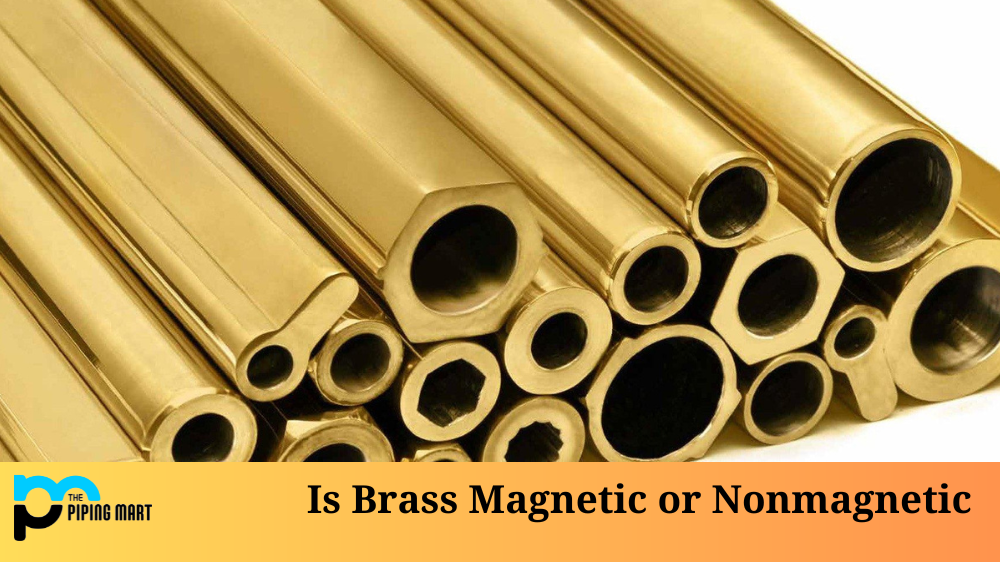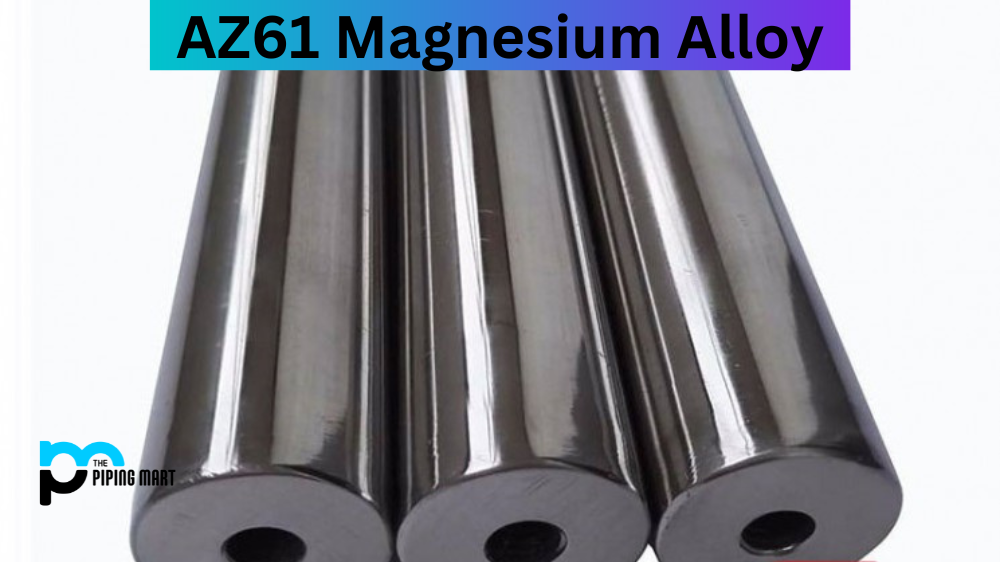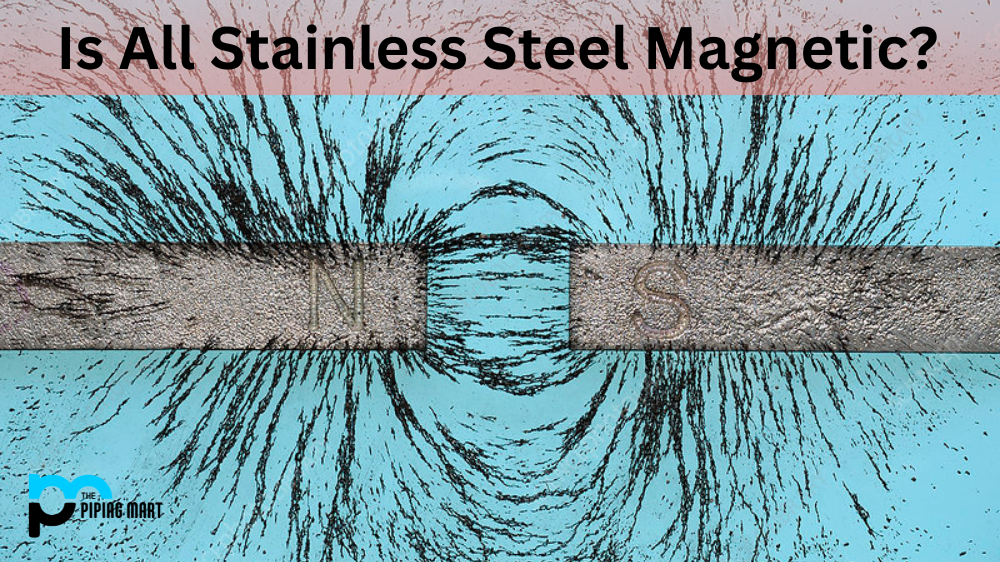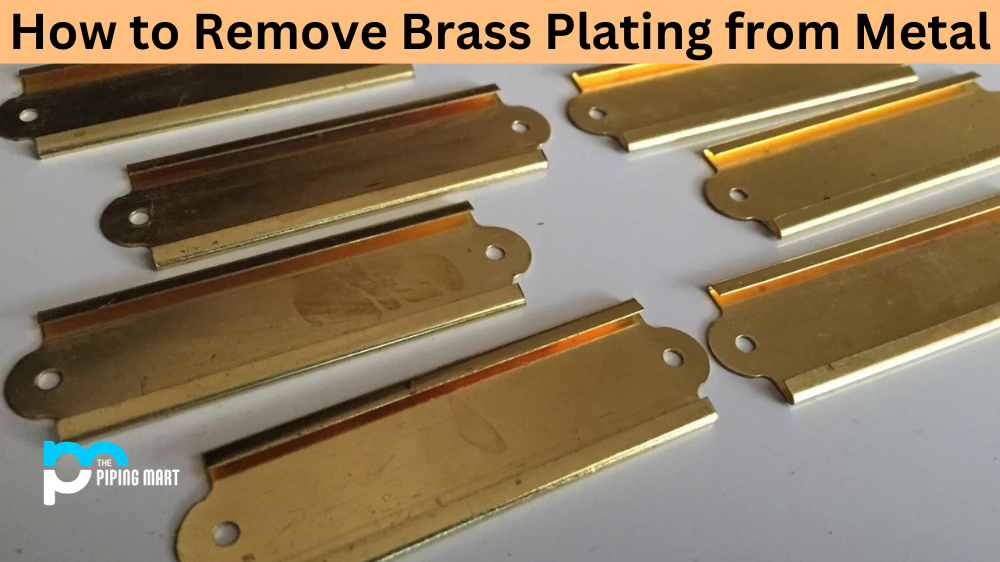Have you ever wondered if brass is magnetic or nonmagnetic? This article will answer that question definitively and explain why it is important to know the difference between magnetism and non-magnetism. Knowing this information can help guide your decisions when selecting materials for a project. Keep reading to learn more about whether brass is magnetic or nonmagnetic.
Understanding that all metals respond differently to magnets; some are attracted while others are not. Brass is one of the metals that are not attracted to magnets, which means it is nonmagnetic. So if you have a magnet in your hand and bring it close to a piece of brass, you will find no attraction between them. But why?
The answer comes down to the molecular structure of brass. Brass is an alloy made up of copper and zinc, and its molecular structure has small pockets of electrons around the atoms, which makes it difficult for those electrons to line up with each other to create a magnetic field. Without a magnetic field, there can be no attraction between brass and magnets.
In addition, metals like iron, cobalt, and nickel are ferromagnetic – meaning they contain high concentrations of iron and have strong enough electron fields that allow them to be attracted by magnets. This property makes these metals ideal for applications such as electrical motors or generators where an electric current needs to be generated from a rotating magnetized object. As brass does not contain any iron atoms, it cannot generate its magnetic field, nor can it be attracted by external magnetic fields like ferromagnetic materials can be.
Conclusion:
In conclusion, brass is classified as a nonmagnetic metal due to its molecular structure, which prevents the formation of any significant magnetism in the material itself. While this may make brass less appealing for certain applications, such as electrical motors or generators where an electric current needs to be generated from a rotating magnetized object, it also makes it well suited for jobs where corrosion resistance and strength are key criteria, such as plumbing fixtures or decorative accents on buildings or furniture pieces due its lack of reactivity with water or air molecules respectively. Knowing whether certain metals are magnetic or nonmagnetic helps guide our decisions when selecting materials for projects so we can achieve optimal results.
Sakshee is a talented blogger, with a particular focus on the Business and Metal Industry. She is passionate about sharing her insights on various metal products and helping professionals to make a better decisions.




